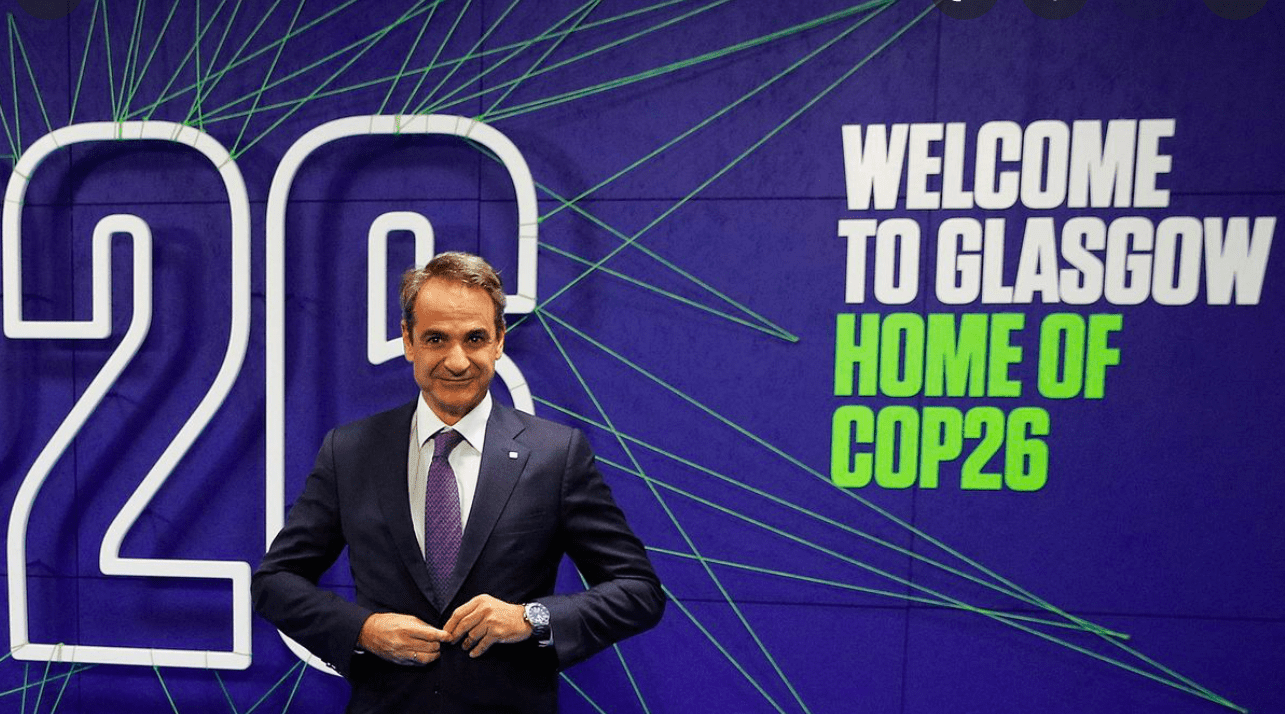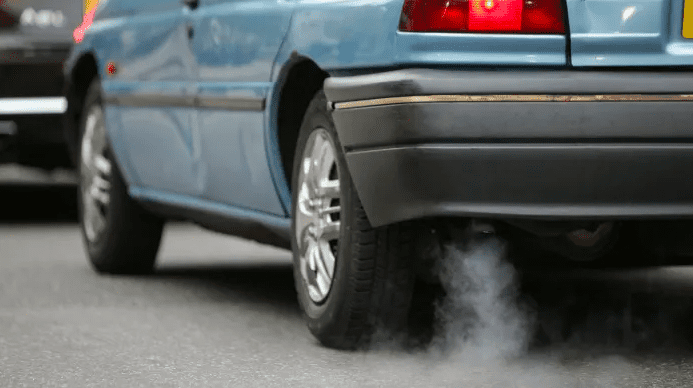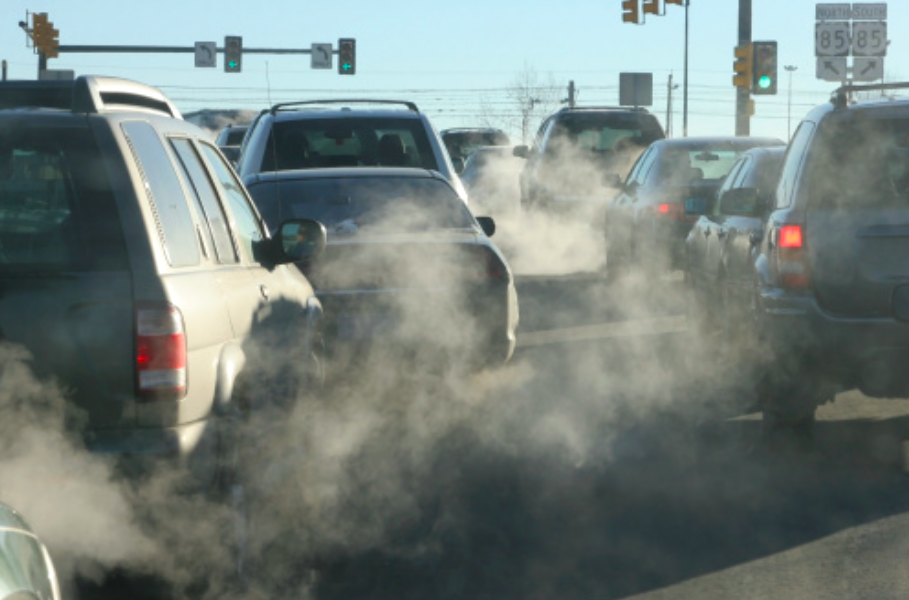With the extreme weather events of the past year brutally exposing the country’s acute vulnerability, Prime Minister Kyriakos Mitsotakis has announced Greece’s first climate law as he ramps up efforts to battle the global environmental crisis.
Mitsotakis outlined the bold new energy reforms that focus on low-carbon energy at a cabinet meeting on Thursday, including a ban on the sales of new fossil-fuel cars - cars with internal combustion engines - from 2030.
Although long-planned, the legislation comes following the return of Mitsotakis from the United Nations COP26 climate talks in Glasgow which were held by world leaders amid European Union endeavours to achieve climate neutrality by mid-century.

The new law also states that as of 2025 all new taxis in Athens and Thessaloniki, as well as one-third of rental vehicles, must either be electric or zero emission vehicles.
In addition, from 2023, the installation of oil burners will be prohibited on all newly constructed housing where the natural gas network is deemed to be sufficient.
In his address, Mitsotakis described the cabinet meeting as “green”, as it focused on four bold reforms concerning the environment, specifically, the country’s energy orientation towards renewable energy sources.
“First and foremost, the climate law, which the country is acquiring for the first time.
“The new framework for the production and storage of electricity from clean sources, with an emphasis on offshore wind farms.
“Third, the transformation of the hydrocarbon management authority.
“And of course the national plan of circular economy for the four years 2021-2025,” Mitsotakis outlined.
“We are talking, therefore, about a multilevel, a coherent program that leads Greece to the new era with goals and timetables. In a development that on the one hand will offer clean and cheap energy but at the same time will offer many, good new jobs and a better quality of life to the citizens,” he said.
Mitsotakis explained that the new reforms are not only a necessary choice in the midst of the climate crisis but a choice synonymous with the progress of the place and the prosperity of society.
“Green policy also concerns everyday life,” asserted Mitsotakis.
“This will get better because within the framework of the climate law we have undertaken some very specific commitments.”

Earlier this year in July, the European Union proposed an effective ban on the sale of new petrol and diesel cars from 2035, aiming to speed up the switch to zero-emission electric vehicles (EVs), proposing a 55 per cent cut in CO2 emissions from cars by 2030 versus 2021 levels.
At that time, the EU also proposed a 100 per cent cut in CO2 emissions by 2035, which would make it impossible to sell new fossil fuel-powered vehicles in the 27-country bloc.
A phase-out of vehicles powered by fossil fuels gasoline, diesel, kerosene and fuel oil is one of the three most essential parts of the general fossil fuel phase-out process, the others being the phase-out of fossil fuel power plants for electricity generation and decarbonisation of industry.
More than 14 countries and over 20 cities worldwide have proposed banning the sale of passenger vehicles, primarily cars and buses, powered by fossil fuels at some time in the future.
Greek Aussie Nick Kyrgios Goes Green

